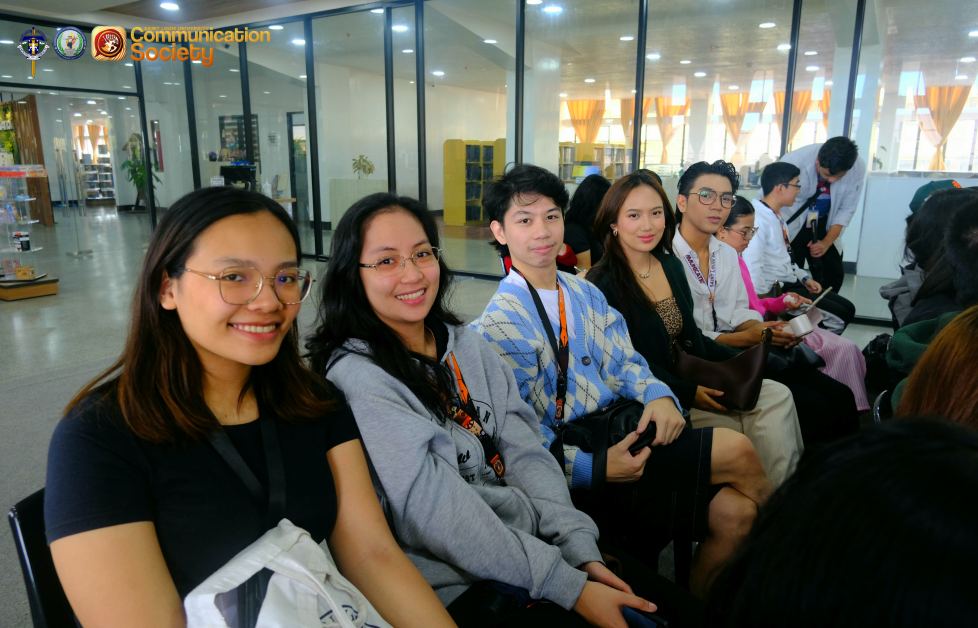American journalist and educator Professor Gary Kebbel held his hybrid public lecture on “Navigating the News: Journalism in an Evolving Information Age” at the Ateneo de Manila University (ADMU), with the active virtual participation of Saint Louis University (SLU) BA Communication students from the American Corner-Baguio, Msgr. Charles Vath Library on 9 September 2025. The public lecture was organized by the U.S. Embassy in the Philippines, in partnership with ADMU and SLU, through the Office of Global Relations, Alumni Affairs, and Scholarship Programs (OGRAASP), School of Teacher Education and Liberal Arts (STELA), and the Communication Society (ComSoc).
The program kicked off with the ADMU’s Department Chair of Communication Dr. Christine Anne Cox, welcoming the participants with how journalism can serve the public good in the age of instant, infinite, and contested information.
Professor Kebbel began his lecture by emphasizing the role of journalists in the culture of today’s news and making partnerships with the audience whose role holds more power in today’s media landscape. He also highlighted the importance of journalists being knowledgeable about how information must be imparted to the public to improve lives.
Mr. Kebbel further added that allowing news and media organizations to adapt to new challenges shapes the relationship between society and media. He emphasized that the traditional way of journalism, which is being replaced by social media, loses its ability to connect, communicate, and unite communities geographically. Thus, journalists putting news online, constantly updating it, and evaluating audiences’ reactions are significant in today’s digital media landscape.


Moreover, Mr. Kebbel highlighted the mindset of experimentation and its importance in media and journalism, stressing the need to consider experimenting with new and digital technologies in informing the people to give voices and reach a wider range of audience. “Overall, we need to consider new experiments as new possibilities for informing a community, giving voices to more people,” he said.
Professor Kebbel ended his lecture answering ADMU and SLU Communication students’ questions concerning Artificial Intelligence (AI) use, credibility, and new media in fighting disinformation. While it is inevitable to use new technologies like AI in today’s journalism, he stressed that journalists must be transparent, adaptable, and ethical by letting the audiences know the journalistic processes of news organizations regarding the AI guidelines, therefore creating a brand of truth, accuracy, and transparency that audiences can entrust.
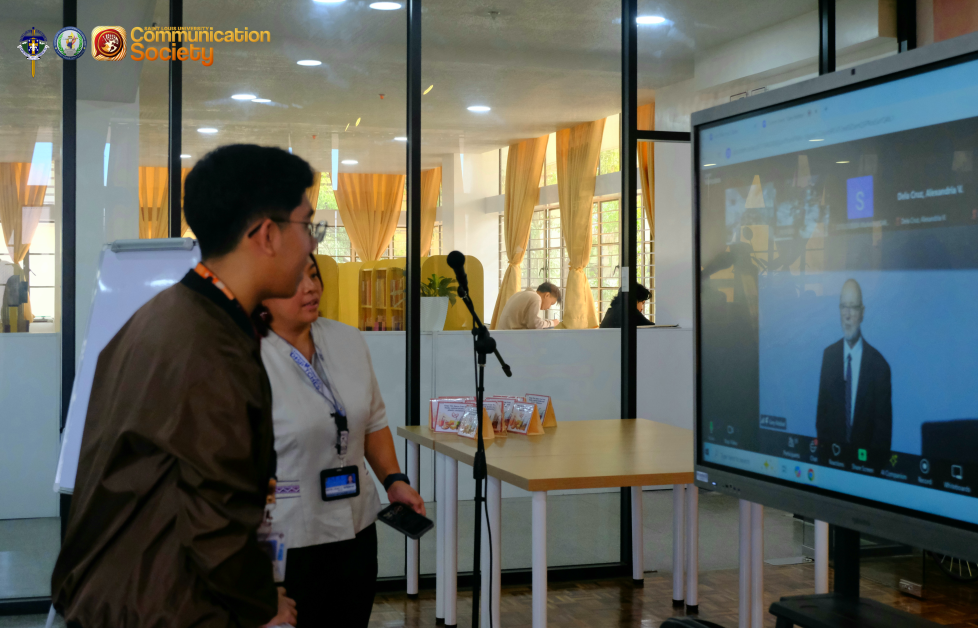
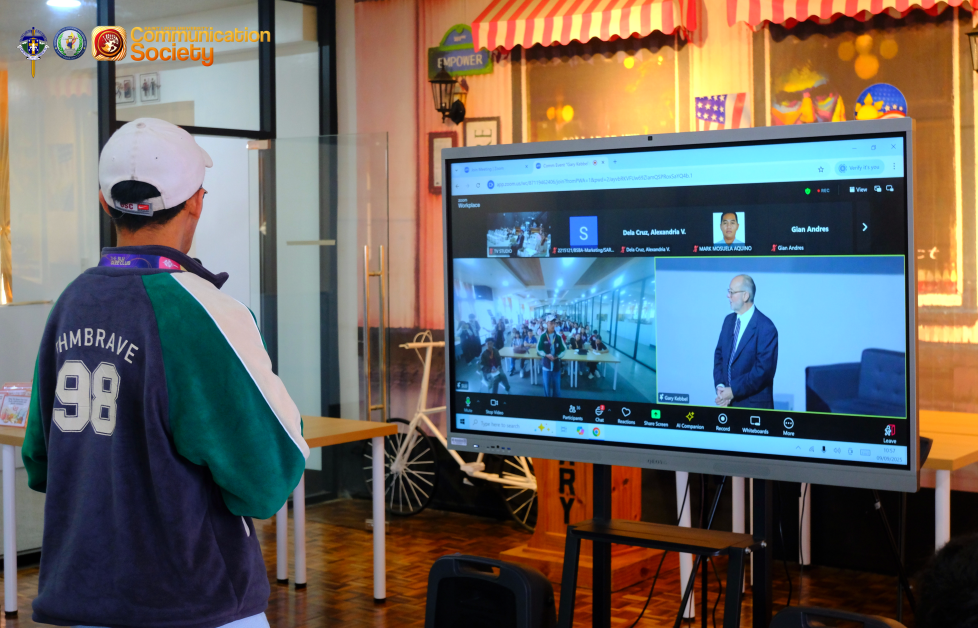
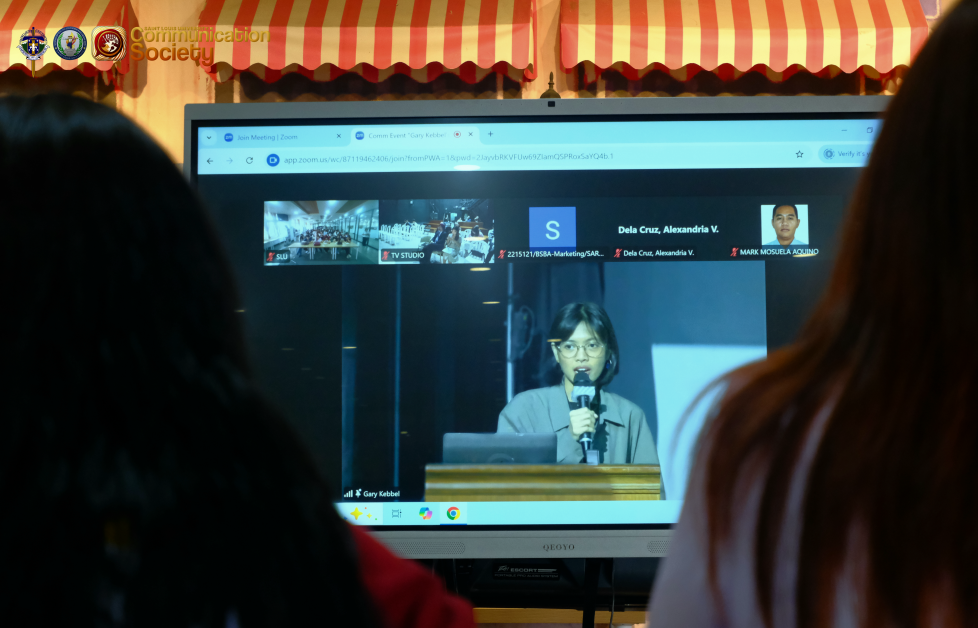
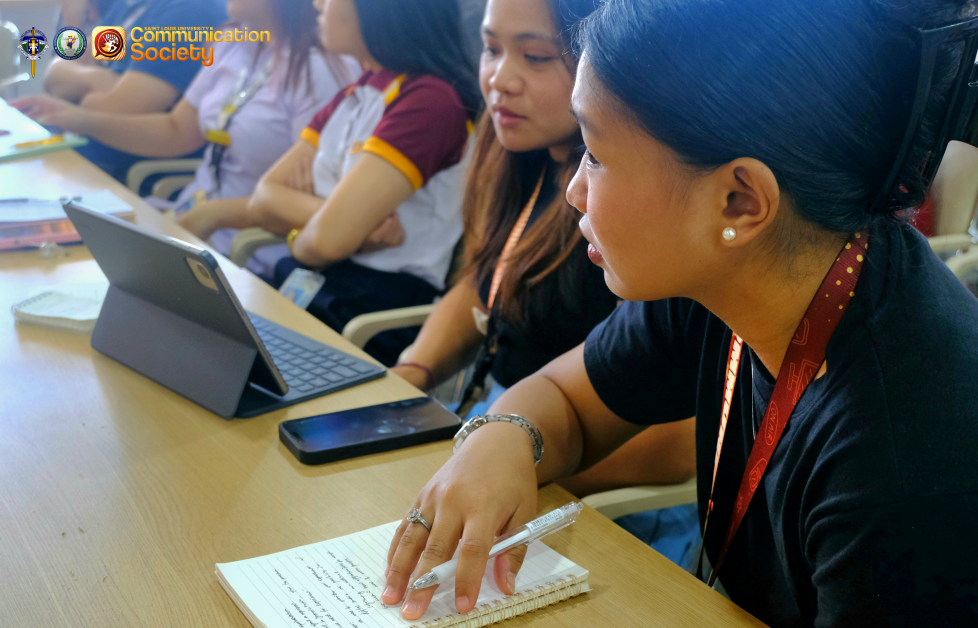
The program concluded with a message of gratitude and some words of encouragement from the Regional Strategic Communication Officer of the U.S. Embassy of the Philippines Mr. Gurdit Singh who said, “The core mission of journalism is accuracy and integrity in providing truthful and factual information. There are so many layers in the editorial processes. I hope aspiring journalists can strike that type of balance.”
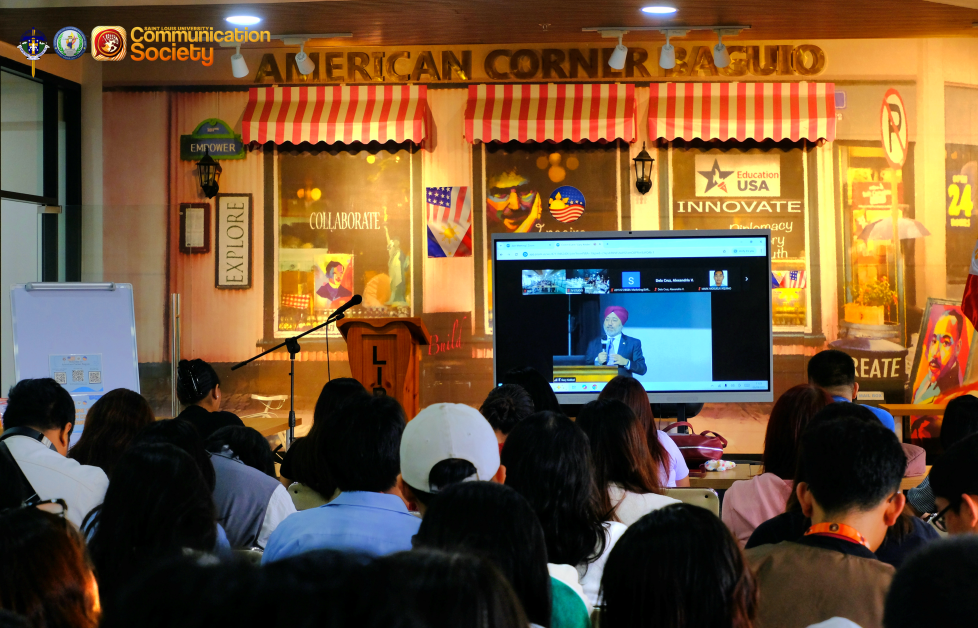
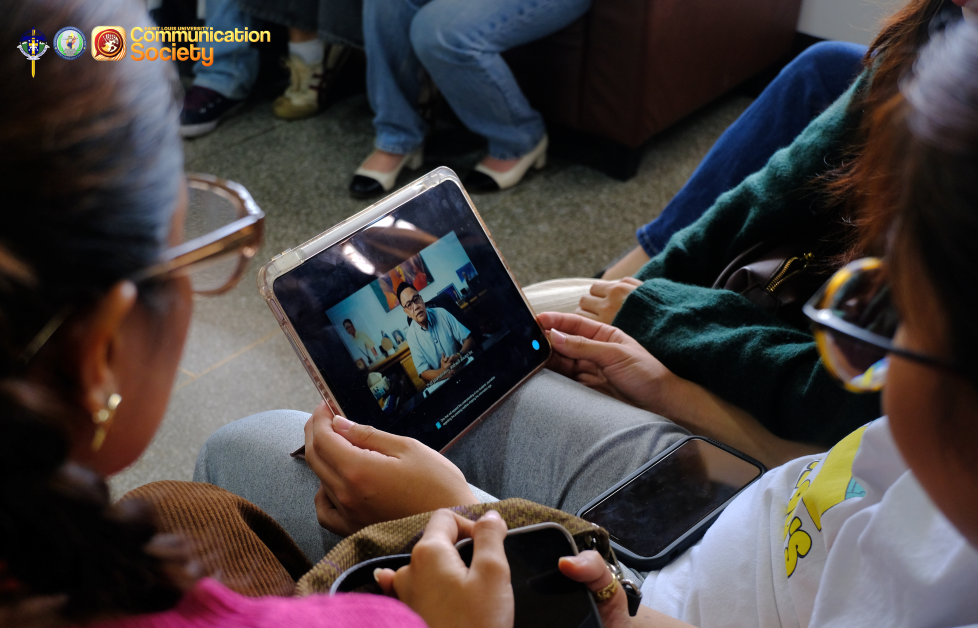
Further, a recorded video message from SLU President Rev. Fr. Gilbert Sales, CICM, PhD ended the conversation expressing the need for journalists especially in the times today. “In today’s fast-changing times, it is indeed essential for journalists to reach audiences to ensure vital information is accessible, trusted, and impactful. This comes with the realisation that journalism is, and will always be, a significant field for the consciousness and growth of our society,” he said.
This initiative affirms United Nations Sustainable Goals 4 (Quality Education) and 17 (Partnership for the Goals). (Article by Francine Wayas & Jessamyne Tadeo, Communication Society | Photos by Samantha Nicole Borres, Communication Society)

